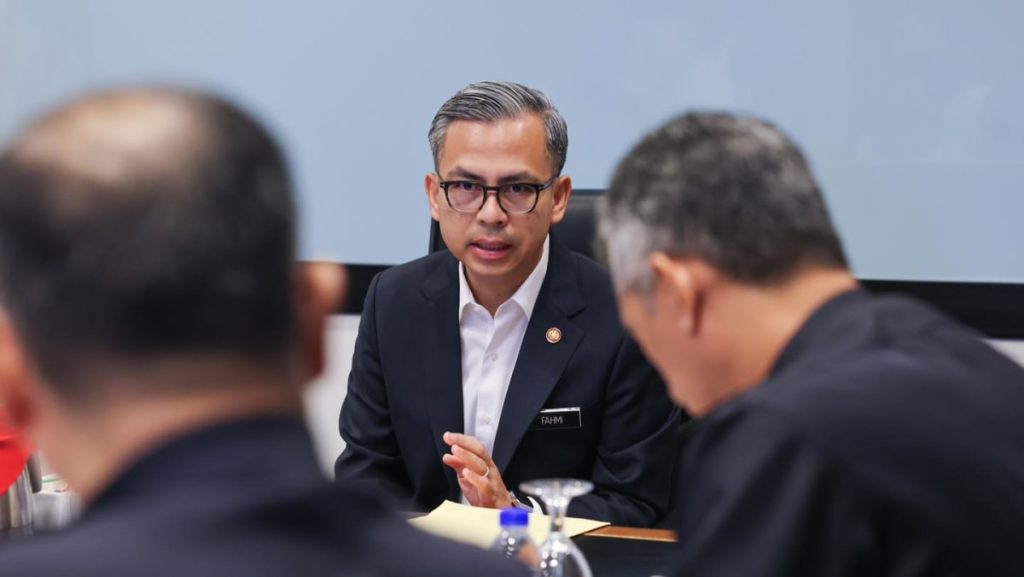In March 2018, then-prime minister Najib Razak and his ruling Barisan Nasional government introduced the Anti-Fake News Act, which imposed hefty fines and jail sentences for spreading false information. This move was met with strong opposition from the opposition and political activists who believed it would stifle free speech. The law became a focal point in the May 2018 election, with the newly installed administration led by Pakatan Harapan promising to repeal it, which was done in August of the same year.
Recently, a TikTok influencer’s suicide prompted the Malaysian government to reconsider its relationship with online service providers and users, leading to the proposal of a licensing regime for social media platforms. Minister Fahmi Ibrahim, who previously opposed tighter regulations, acknowledged the need to balance online freedom of speech with the potential harm of unchecked content. Opposition leader Anwar Ibrahim assured that the proposed regime would not restrict freedom of speech but rather combat online crime and harmful information.
Supporters of the licensing regime, such as security and political analyst Dr. Noor Nirwandy Mat Noordin and anti-crime activist Dave Avran, believe that stricter regulations are necessary to address cybercrimes like cyberbullying. Dr. Noordin emphasized the importance of controlling emerging technologies like artificial intelligence to prevent the dissemination of misleading information for malicious purposes. Avran called for comprehensive regulations to protect internet users from becoming victims of cybercrimes.
Minister Fahmi’s working visit to Singapore to meet with social media platforms indicates Malaysia’s intention to learn from other countries’ experiences in regulating social media. The discussions with Singapore’s Digital Development and Information Minister Josephine Teo focused on the challenges of holding social media platforms accountable for criminal activities taking place on their platforms. Fahmi expressed his belief that it is not too late for Malaysia to implement measures to ensure social media platforms are responsible for addressing criminal behavior.
In other countries, like Singapore, regulations like the Protection from Online Falsehoods and Manipulation Act (POFMA) allow the government to compel social media platforms to correct or cease the publication of false information. The Online Criminal Harms Act issues codes of practice to counter offenses like online scams, with the option to issue implementation directives if the platform fails to reduce the risk of such crimes. These measures aim to promote online safety and combat the spread of misinformation and harmful content on social media platforms.


